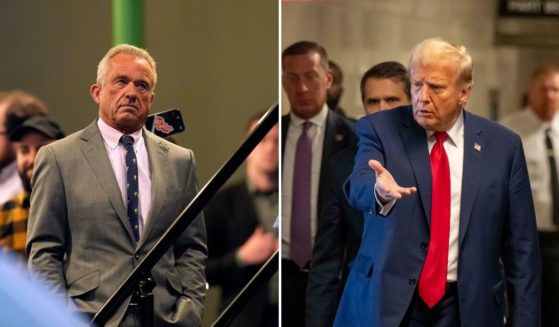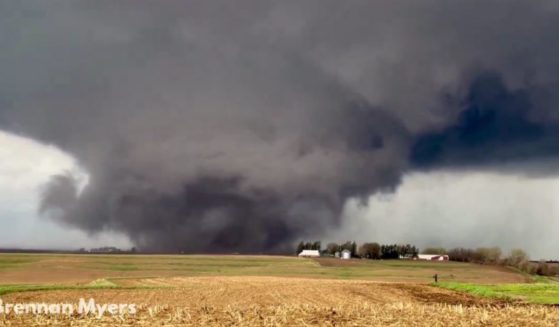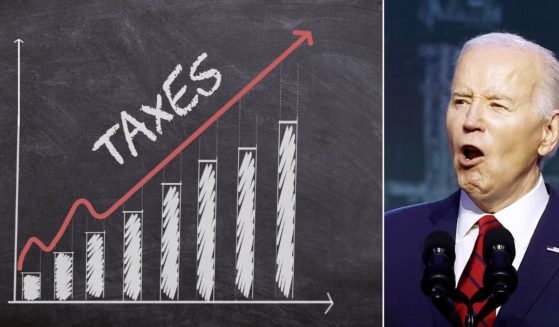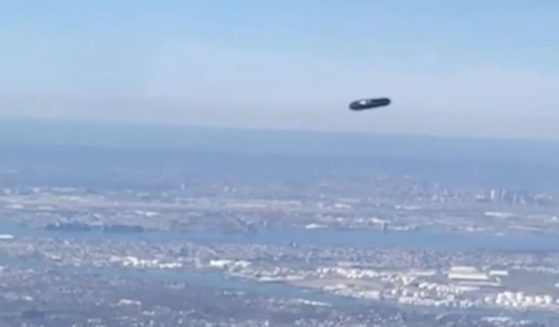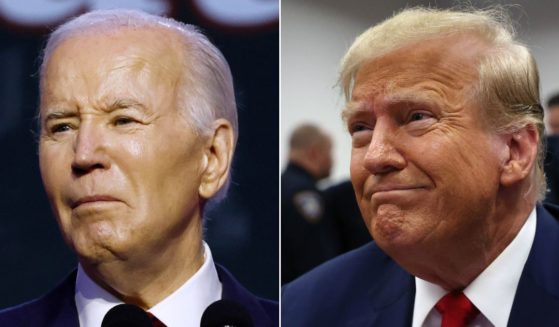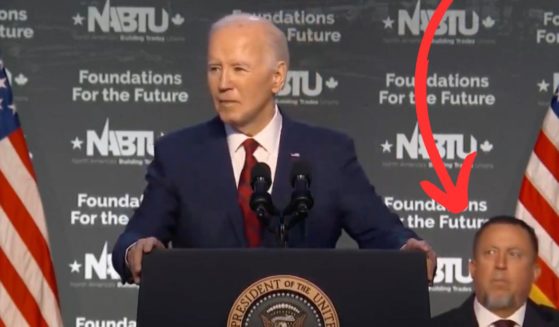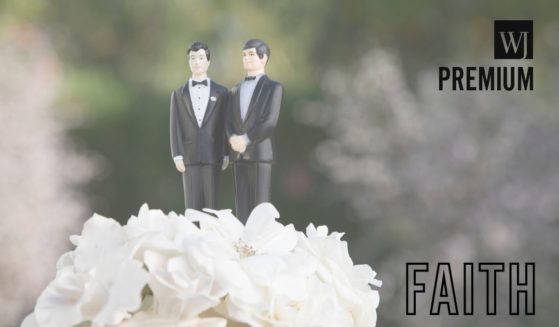Four Dead in Human Holiday Stampede, President Arrives Four Hours Later and Doesn't Even Mention the Tragedy
A stampede in Kenya during celebrations to mark an annual public holiday killed at least four people on Friday and injured 100 others, authorities said.
The stampede happened when thousands of people struggled to get inside Kericho stadium in western Kenya at dawn, police said.
“It was a day of celebration but now I’m crying.” Eyewitnesses and grieving relatives detail horror of Kericho Green Stadium stampede. pic.twitter.com/GXh9pKMWHE
— The Standard Digital (@StandardKenya) October 20, 2023
The stadium was the venue for this year’s Mashujaa Day, which means Heroes’ Day in Swahili.
Kenya President William Ruto, who addressed thousands of people at the stadium about four hours later, didn’t mention the stampede.
He instead dedicated his speech to his plans for a universal health care plan.
President William Ruto as he arrived and inspected a guard of honour during the Mashujaa Day celebrations at Kericho Green Stadium on October 20, 2023.
📸Daniel Ogendo pic.twitter.com/GLM3kgL4Jw
— TheStarKenya (@TheStarKenya) October 20, 2023
It wasn’t clear whether Ruto was aware of the stampede when he delivered his remarks.
Four persons have passed away following a 3am stampede at Kericho Green Stadium’s gate ‘C’ on Friday.
Police said the four passed away while undergoing treatment at the county Referral hospital.#starkenyanews pic.twitter.com/BAiee3q7iS
— TheStarKenya (@TheStarKenya) October 20, 2023
The Star of Nairobi reported the stampede was caused by a woman “who was selling tea outside the stadium who accidentally spilled hot tea in the fire near along the public road.”
“This resulted in a public panic which was mistaken for a teargas thrown to them,” the outlet reported.
The Western Journal has reviewed this Associated Press story and may have altered it prior to publication to ensure that it meets our editorial standards.
Truth and Accuracy
We are committed to truth and accuracy in all of our journalism. Read our editorial standards.



